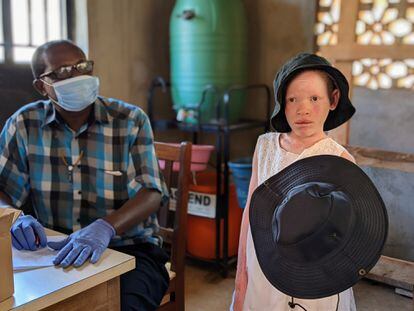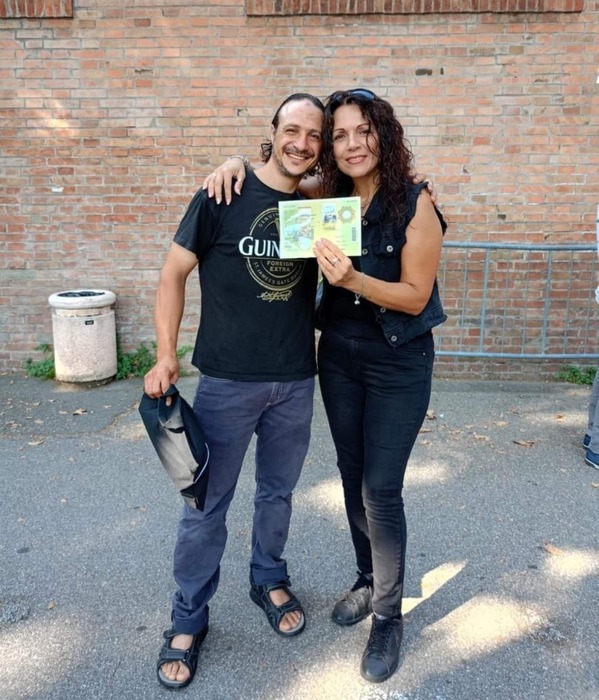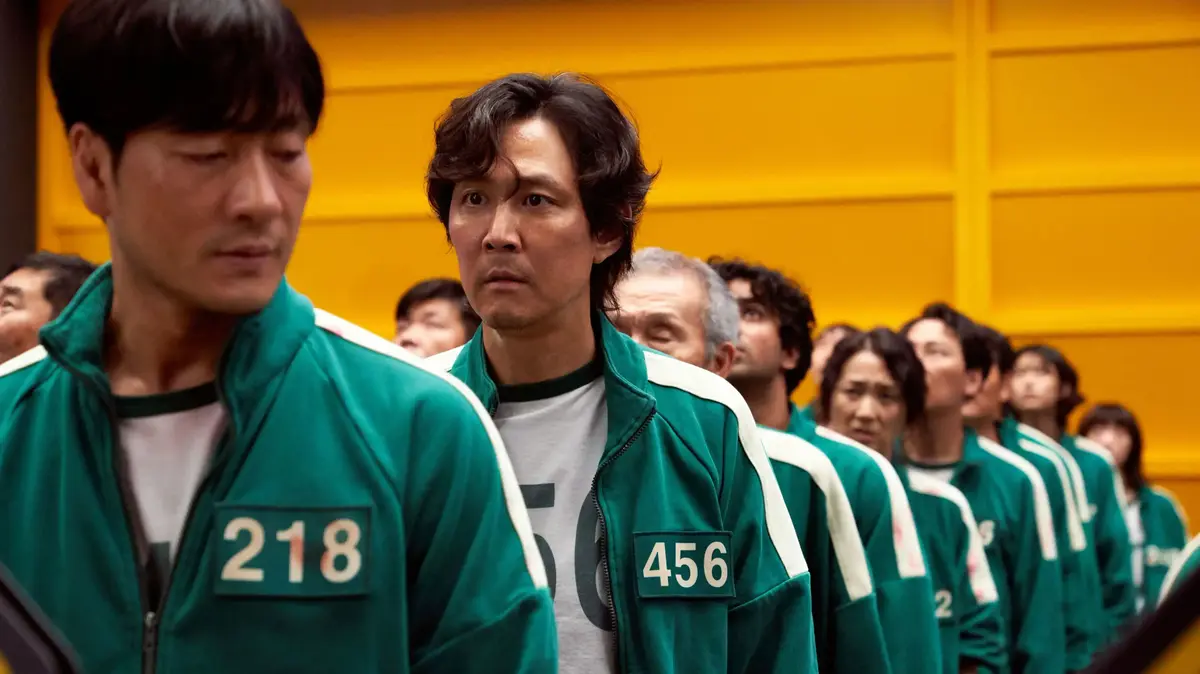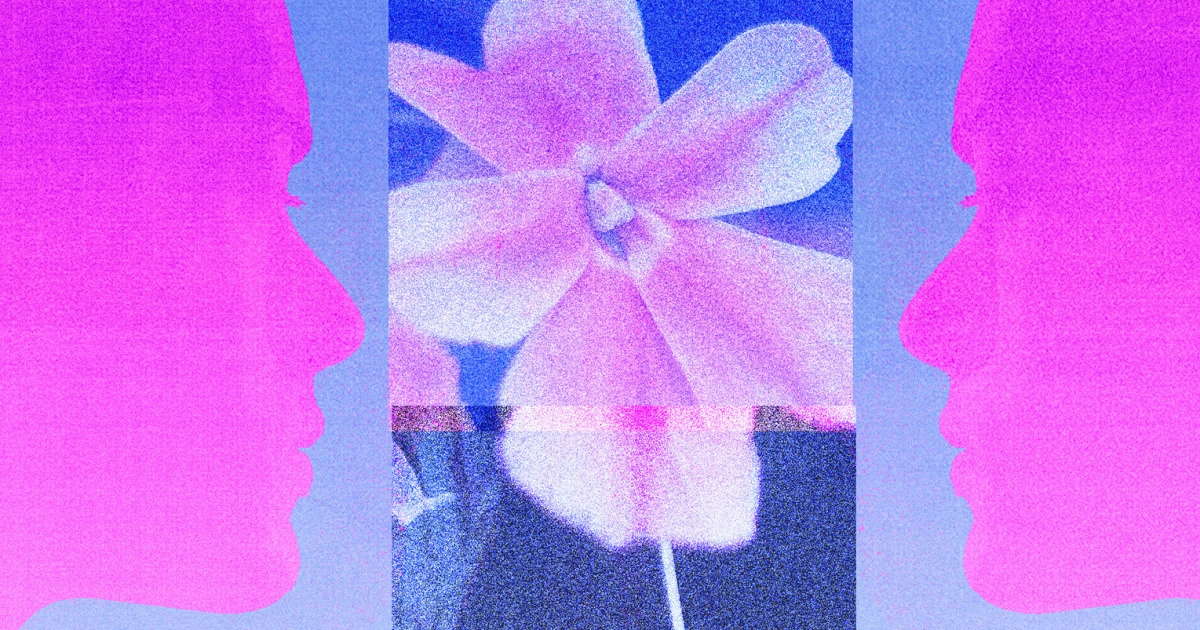I met Lodina 14 years ago, she was the second of eight children and her name in Chichewa – the local language of Malawi – means “the land has betrayed us”.
Her HIV-positive cousin sexually abused her in the belief that having sex with a woman with albinism would cure her AIDS.
Following the rape, the village chief convened a council to decide how to deal with the matter.
For her mother they should not be harsh with her nephew, since he was family, and family is balance.
Her father thought differently, it was time for someone to respect her honor and take pity on her offspring.
Traditional leaders, hospital representatives and community chiefs gave their opinion and discussed at length how to solve the situation.
Everyone spoke, everyone gave their opinion.
Everyone except Lodina, the victim.
It didn't matter what she believed, what she felt.
When the adolescent arrived at the hospital where I worked as a pharmacist, she did not take her eyes off the ground, without tears, without expression... I remember that, when completing her personal file, to the question of "profession?", she continued with her gaze fixed on the ground and it was her older brother who replied “she is just there”: she simply is.
I remember this story with sadness because it was at that moment that I began to understand that people with albinism in sub-Saharan Africa suffered from very serious discrimination.
I remember this story with sadness because it was at that moment that I began to understand that people with albinism in sub-Saharan Africa suffered serious discrimination due to the lack of knowledge that still exists about their genetic condition and that condemns them to a very complicated life.
A few months later I met Jeremiah, the first baby with albinism that I held in my arms.
This three-week-old little boy arrived at the hospital with his face scorched with second-degree burns.
When we explained to his mother the reason for those injuries, she burst into tears, invaded by a feeling of guilt.
No one had explained to her that her son with albinism had to protect herself from the sun.
Within weeks of applying good photoprotection practices, Jaremiah's mother recovered her smile.
With this child I discovered that the other great enemy of people with albinism in Africa, and the main cause of his extreme vulnerability, is the sun.
Mafalda Soto, together with a group of young people, at the International Albinism Awareness Day celebration in Dar es Salaam, Tanzania, in 2014.Beyond Suncare
After living in Malawi for almost three years, I moved to work at a dermatology hospital in northern Tanzania, where daily I was confronted with desperate stories featuring young albinos who arrived with skin cancer in advanced stages where "there was no nothing to do".
Tumaini – which means hope in Swahili – was one of them.
Her tumor had spread too far and, although she was referred to one of the two cancer centers in the country, she died within two months.
She was 28 years old, the same as me back then.
Skin cancer is the leading cause of death among people with albinism in many corners of Africa, taking their lives at a young age, before the age of 30.
Despite having the highest prevalence in the world, in most sub-Saharan countries, albinism and its health consequences are unknown to institutions.
Skin cancer is the leading cause of death among people with albinism in many corners of Africa.
Poor diagnosis and treatment, inadequate primary care services, inability to adequately treat skin diseases, and a lack of prioritization by national health systems in the field of dermatology are some of the biggest challenges in countries like Malawi.
Its two dermatologists and thirty dermatology technicians for almost 20 million inhabitants explain the high incidence of skin cancer among albinos in the country.
Jeremiah, Tumaini and Lodina were the seed of what Beyond Suncare is today, a socio-health organization in which we work to ensure that all people with albinism in Africa live a free and dignified life, protected against skin cancer and all kinds of discrimination.
In Tanzania we developed the first photoprotective cream specially designed for the skin of people with albinism and their needs.
Despite having high quality standards, its manufacture is simple, since the objective is its local production in laboratories that prioritize the hiring of people with albinism.
The distribution of this cream is accompanied by education and awareness in the most remote places.
A girl with albinism attends medical consultations in Uganda, where Beyond Suncare works with other local organizations.Beyond Suncare
We also develop educational sessions about this condition and sun protection to demystify the condition and the stigma associated with it, promoting self-confidence and self-care measures.
In addition, the training of local health personnel so that they have more knowledge and can thus provide better services, is essential.
The distribution of the cream, as well as the education and awareness sessions, are directed to the most remote places in coordination with public and private hospitals and clinics, schools and local platforms.
We currently carry out projects in Malawi, Angola, Rwanda and the Democratic Republic of the Congo.
And very soon we will start a new one in Uganda.
I came to Malawi in 2008 with the plan to stay for nine months.
I met Lodina, Jeremiah, Tumaini… And those nine months turned into nine years.
That is why I stayed, but if I continue today it is because, with sufficient support, we can ensure that people with albinism in any corner of Africa feel protected, accompanied and are able to fully enjoy their rights.
Mafalda Soto
is the co-founder and director of Beyond Suncare.
You can follow PLANETA FUTURO on
,
and
, and subscribe
to our 'newsletter'
here
.












/cloudfront-eu-central-1.images.arcpublishing.com/prisa/KMEYMJKESBAZBE4MRBAM4TGHIQ.jpg)


